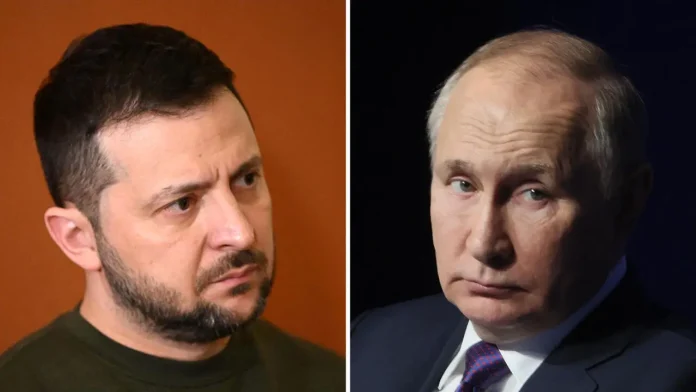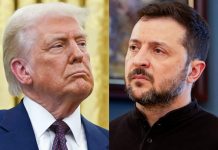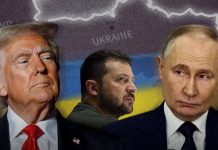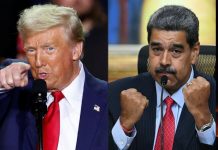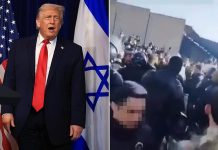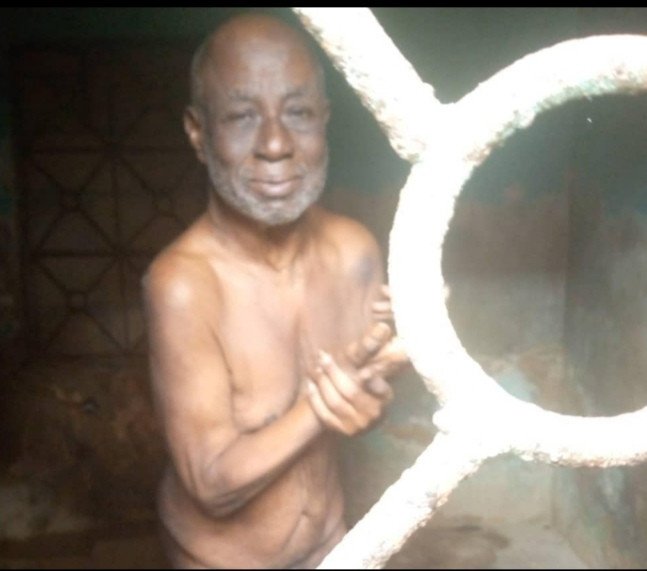Russian President Vladimir Putin has called for direct negotiations with Ukraine to resolve the ongoing conflict, though he did not acknowledge the 30-day ceasefire plan backed by European leaders and the United States.
Speaking from the Kremlin on Sunday, Putin suggested that talks should resume in Istanbul on May 15, proposing that the Kyiv authorities return to the negotiating table without preconditions. “We invite the Kyiv government to resume the talks they halted in 2022,” Putin stated.
Negotiations between Russia and Ukraine had previously been held in Istanbul early in the war but failed to achieve a ceasefire. Putin mentioned that he would engage with Turkish President Recep Tayyip Erdogan to help facilitate this new round of talks.
“I am committed to serious negotiations with Ukraine,” Putin said, stressing the importance of addressing what he called the “root causes” of the conflict, which are linked to Russia’s longstanding objections to Ukraine’s Western alignment.
While open to a new ceasefire during the proposed discussions, Putin criticized Western “ultimatums” and “anti-Russian rhetoric.” Notably, he did not directly respond to the 30-day ceasefire proposal presented earlier in the day by European leaders and Ukrainian President Volodymyr Zelensky.
The European leaders—French President Emmanuel Macron, German Chancellor Friedrich Merz, British Prime Minister Keir Starmer, and Polish Prime Minister Donald Tusk—had gathered in Kyiv to urge Moscow to accept an unconditional ceasefire, set to begin on Monday. They also warned that failure to comply would lead to additional sanctions.
Macron, speaking on his return from Ukraine, cautioned that Putin’s proposal could be a tactic to “buy time.” He clarified that “an unconditional ceasefire does not begin with negotiations, by definition.”
The ceasefire proposal has gained widespread international support. Macron announced the agreement following talks with the European leaders and a video conference with over 20 nations in the pro-Ukraine coalition. In the event of a ceasefire breach, he warned of “massive sanctions” coordinated between the U.S. and Europe.
U.S. President Donald Trump, on his Truth Social platform, referred to the ceasefire proposal as “a potentially great day for Russia and Ukraine” and vowed to continue working with both parties. Despite previous criticisms of his stance on Moscow, Trump has expressed frustration with the prolonged war and growing impatience with Putin’s actions.
Prime Minister Starmer of the UK echoed the united stance of Western powers, highlighting “absolute unity across a whole range of countries around the world, including the United States.”
Polish Prime Minister Tusk also noted the historic unity, saying, “For the first time in a long time, we felt that the entire free world is truly united.”
European Commission President Ursula von der Leyen supported the truce, calling for its immediate and unconditional implementation as a pathway to meaningful peace talks.
This diplomatic push for peace came a day after Putin presided over a military parade in Moscow, commemorating 80 years since the defeat of Nazi Germany. Putin had declared a unilateral three-day ceasefire for the event, although reports from Ukrainian forces indicated that fighting continued at normal intensity.

